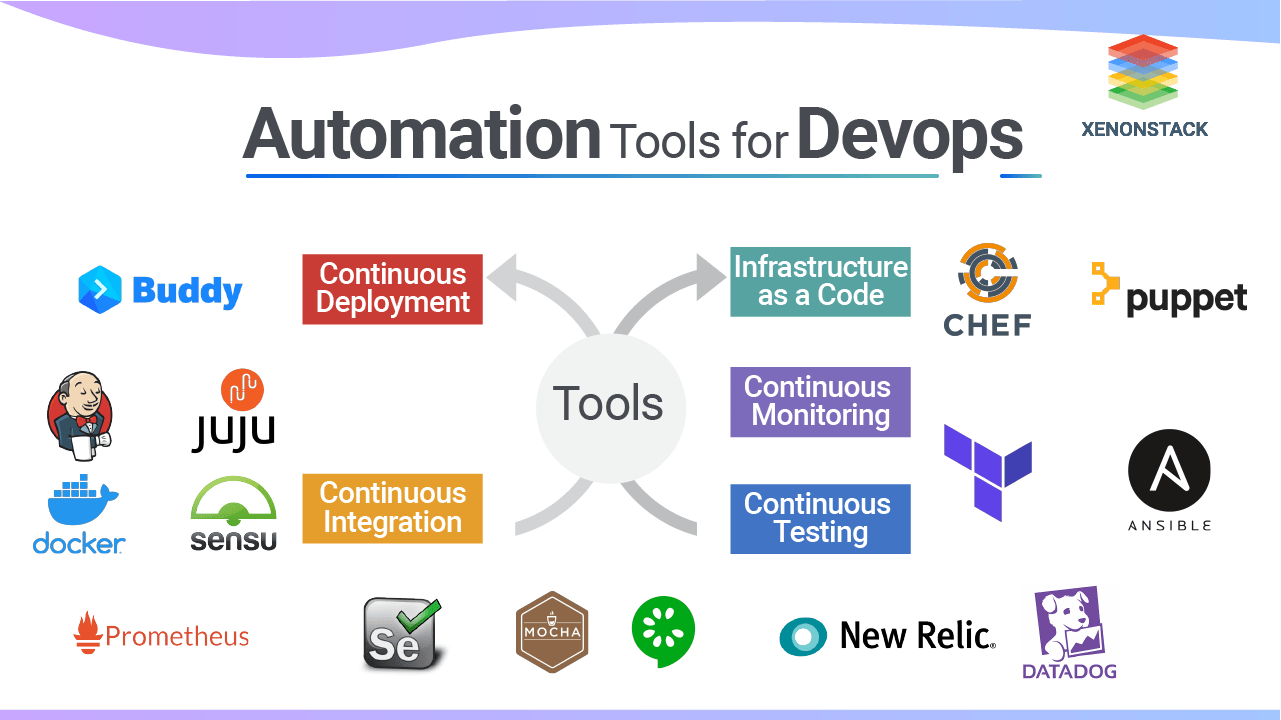What is DevOps?
The term “DevOps” was introduced by combining software “development” (Dev) and “operations” (Ops).
It is a methodology that bridges the gap between development and operations teams into a single process and promotes better communication and collaboration between these teams. It involves automating the entire software delivery process, from code creation to testing, deployment, and monitoring.
Benefits of DevOps
Some of the benefits of DevOps include:-
Improved Collaboration: DevOps promotes an environment where the different teams work together to achieve common organizational objectives.
Enhanced Quality and Stability: Ensuring that software changes are thoroughly tested and validated before being deployed.
Faster, better product delivery: By automating manual tasks, such as testing and deployment.
Reduced Risk: By identifying issues in the early development process. This reduces the risk of major failures in production environments, leading to more reliable and stable software.
Increased agility: Enables teams to respond quickly to changes in user requirements or market conditions.
Automation in DevOps

Automation is the backbone of DevOps. It is the process of designing, developing and deploying software and systems with minimal human intervention. It enables teams to eliminate manual tasks, reduce errors, and deliver software faster.
Some examples of automation in DevOps include:
Continuous Integration(CI): CI ensures new code changes are built and tested regularly, usually on commit of a code change.
Continuous Deployment(CD): CD means that changes are automatically deployed to production, often requiring little-to-no manual intervention.
Infrastructure-as-Code (IaC): This practice involves managing and provisioning computing infrastructure through code instead of requiring manual intervention to change infrastructure.
Configuration Management: This is the process of maintaining a system’s configuration in a known, consistent state.
Monitoring and Logging: Automated monitoring and logging systems gather data on how software and hardware are performing and alert the team to any problems.
Scaling in DevOps

Scaling in DevOps is the process of expanding and compress your systems and practices to meet the expected needs.
Basically, there are two types of scaling: -
Vertical Scaling: Also described as “scaling up”. When new resources are added to the existing system (like CPU, RAM, etc.) to meet the expectation, it is known as vertical scaling.
Horizontal scaling: Also described as “scaling out”. When more machines/nodes are added to the existing infrastructure to meet the expectation or to handle the traffic, it is known as horizontal scaling.
Infrastructure in DevOps

Infrastructure in DevOps refers to a concept that revolves around the idea of managing infrastructure with the help of code like internal networks and virtual machines. This is done with the help of certain tools or programs which can help to carry out the tasks automatically.
Some of the key aspects of infrastructure in DevOps are: -
Infrastructure as Code (IaC): DevOps promotes the use of IaC, which means defining and managing infrastructure resources (such as servers, networks, and databases) using code.
Tools like Terraform and CloudFormation are commonly used for IaC.
Automation and Configuration Management: DevOps emphasizes teams to define and enforce desired infrastructure configurations, ensuring consistency across environments and reducing manual effort.
Configuration management tools like Ansible, Puppet, or Chef.Cloud Computing: Cloud services provide on-demand access to scalable and flexible resources, allowing teams to quickly provision and manage infrastructure as needed.
Cloud platforms, such as AWS, Microsoft Azure, or GCP play a significant role in DevOps infrastructure.
Conclusion
In conclusion, DevOps brings significant benefits by leveraging automation, scaling, and infrastructure management. By automating various stages of the software development lifecycle, such as testing, deployment, and infrastructure provisioning, DevOps enables faster time to market, increased efficiency, and improved productivity.
Automation reduces manual errors, streamlines processes, and allows teams to focus on more strategic tasks.
Additionally, DevOps facilitates scalability and flexibility. This scalability ensures that applications and infrastructure can handle increased workloads and effectively meet customer needs.
Furthermore, DevOps emphasizes the importance of infrastructure management as code. This approach enhances stability, reduces downtime, and enables faster recovery in case of failures.
~Smriti Sharma✌